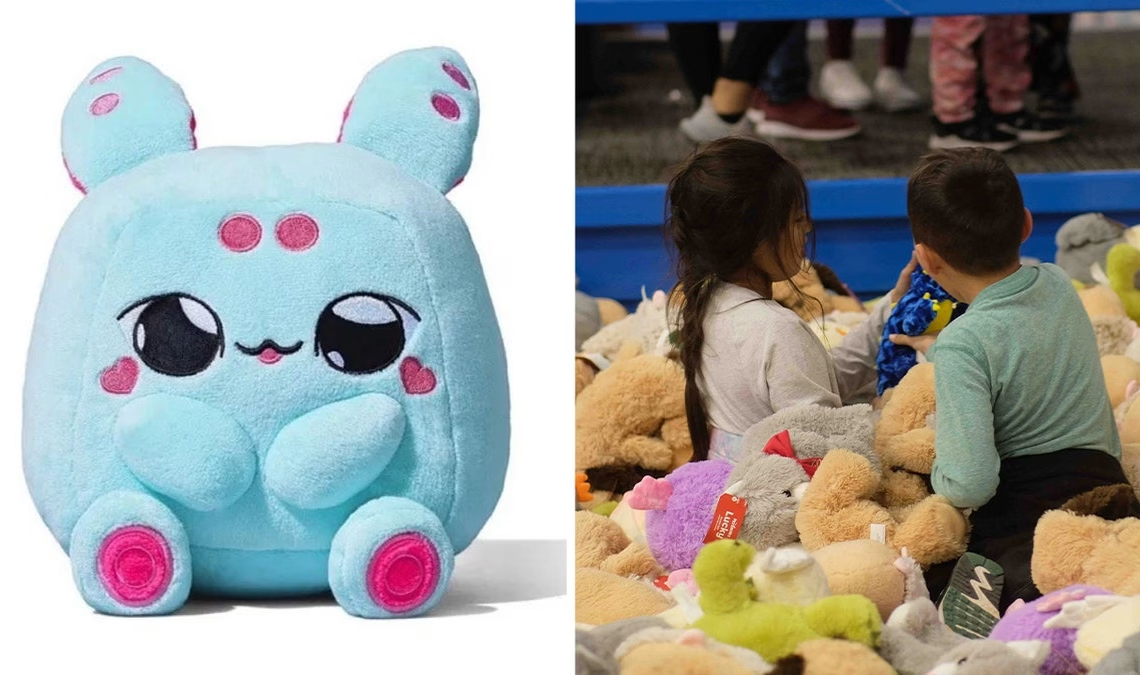NEWYou can now listen to Fox News articles!
Do AI chatbots packaged inside plush animals really help children, or do they threaten vital developmental milestones? Companies market them as “screen-free playmates” for toddlers, but pediatric experts warn these toys could trade human connection for machine conversation. Toys like Grem, Grok and Rudi are designed to bond with kids through voice and conversation. Instead of simply replacing screen time, they may replace something far more important: the role of parents and peers in emotional development.
Sign up for my FREE CyberGuy Report
Get my best tech tips, urgent security alerts and exclusive deals delivered straight to your inbox. Plus, you’ll get instant access to my Ultimate Scam Survival Guide — free when you join my CYBERGUY.COM/NEWSLETTER.
THIS EV HAS A FACE, AND IT TALKS BACK WITH AI
AI-powered stuffed toys, such as Grem (left), could disrupt cognitive and emotional development among young children, experts say. (Curio/©Michael Cuviello/Amarillo Globe-News/USA Today Network/IMAGN)
Why AI stuffed animals worry child experts
Pediatricians and psychologists raise red flags about these AI toys. Young children naturally form attachments. If those attachments shift to chatbots, kids may learn to trust machines more than people. Research already shows children ages 3 to 6 sometimes trust robots more than humans, even when the robots give wrong answers. That undermines how kids build empathy, learn to question, and develop critical thinking. There are also privacy concerns. Parents may not realize that these “personalized” toys are recording conversations. Sensitive information could be stored, analyzed, or misused without families fully knowing.

A-powered stuffed toy called Grok. Companies market AI-enhanced plushies as “screen-free playmates” for toddlers. (Curio)
HOLLYWOOD TURNS TO AI TOOLS TO REWIRE MOVIE MAGIC
How AI toys may disrupt child development
Pediatric experts in early childhood and language development warn that responsive AI could “fundamentally change the wiring of the human brain.” Unlike television or passive media, AI plushies respond in real time, adapting to a child’s questions, stories, and moods. That responsiveness can be powerful. It can encourage curiosity, vocabulary growth, and even creativity. But it can also crowd out human interactions, those subtle facial expressions, pauses, and “nos” that children need to experience to learn empathy and resilience. Another risk…
Click Here to Read the Full Original Article at FOX News : Tech…

